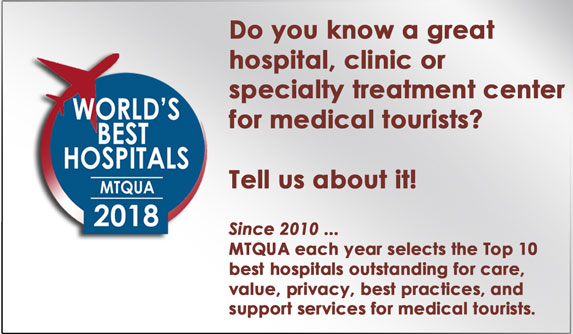 (Commercial Surrogacy Tourism, part 3)
(Commercial Surrogacy Tourism, part 3)
Commercial surrogacy is an offshoot of the success of fertility treatments.
As more women consider in vitro fertilization an acceptable option for pregnancy, those for whom IVF is not possible refuse to deny themselves offspring and a full family life.
Adoption and surrogacy are the remaining choices. For some couples, arranging for a child through adoption tends to be more difficult and restricted than having a child through surrogacy.[Tweet “It’s harder to adopt than to have surrogate baby”]
Surrogacy tourism needs well thought out regulation
There is a danger that too quick a reaction in drafting a law to cover the many domestic international legal issues involved in surrogacy may lead to unintentional consequences.
The main thrust of these laws is to protect the rights of the babies, the rights of the surrogate mother, and the rights of the contracting parents.
Laws have recently been enacted or amended in several countries both in support of and against surrogacy. In some countries, the law denies commercialization of surrogacy services and the right of same sex couples or single persons to engage a surrogate mother.
In other countries, court rulings seem increasingly to favor commercial surrogacy in all its forms. A U.K. mother last year won a landmark legal case in which two British parents were allowed to keep a child who had been born via commercial surrogacy in the U.S.
Belgium, which has long prohibited all surrogacy, is considering making surrogacy legal. Bulgaria is reconsidering its law that bans commercial surrogacy. An updated surrogacy law is currently before Israel’s parliament to permit gay couples and single men and women to obtain surrogacy services.
Greece is one of the few countries in the world which has introduced a complete and comprehensive regulatory framework for medically assisted human reproduction. The Greek law has been described as one of the most progressive in the modern legal world. Along with conditions for surrogacy, the law includes provisions for a variety of issues such as human cloning, artificial insemination, cryopreservation of embryos, and gamete donation.
Surrogacy tourism needs escrow accounts to safeguard international fund transfers
The medical tourism industry has to respond to the problems found in surrogacy tourism. The first is the need for medical tourism companies, brokers, clinics and even hospitals to hold patient funds in escrow, which is in an account under the control of a third party, often a lawyer. Abuse of trust by misappropriating funds will no longer be an issue.
Certification offers assurances of good practice
Medical tourism certification offers some reassurance to those seeking surrogacy around the world. For medical travel companies engaged in surrogacy, organ transplantation or other “large ticket” procedures, the Medical Travel Quality Alliance requires they set up escrow accounts before the agencies can become certified.
Transparency and care management
The second immediate need is for transparency especially in pricing and payments, and in doctor and clinic qualifications.
The medical tourism industry in general must gain a greater appreciation of the care management needs of their patients/clients. In the case of surrogacy tourism, this means developing protocols for the physical and emotional care of the parents, and also for the health, physical and emotional needs of the surrogate. Legal issues must also be made clear so that parents and surrogates can make appropriate informed choices.
Agencies around the world vary in the care (or case) management they provide. Some charge an all-inclusive fee that covers surrogate expenses, hospital and doctor fees, legal fees (contracts, DNA testing, embassy travel documents, etc.) and include monitoring or supervision of the surrogate’s care. Others leave the care management to the doctor, accepting doctor assurances that appropriate medical, nutritional, emotional and legal issues are being handled.
Back in Thailand, doctors and agencies are already looking for alternative destinations where they can establish commercial surrogacy services. Among the countries under consideration are Cambodia and Nepal.
Continue to Part 4: How Much Does Commercial Surrogacy Cost?
This 4-part series Commercial Surrogacy Tourism: How Much Do You Pay For A Surrogate Mother In Another Country? begins here.
The infographic is here.

 >
>